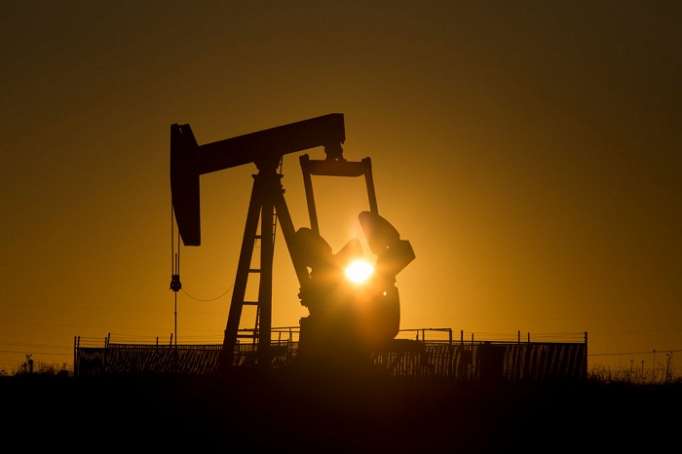Oil prices fell on Thursday after US President Downald Trump sent a tweet demanding that OPEC reduce prices for crude, Reuters reported.
Brent crude futurges LCOc1 were at $77.78 per barrel at 0137 GMT, down 46 cents, or 0.6 percent, from their last close.
US West Texas Intermediate (WTI) crude futures CLc1 were down 16 cents, or 0.2 percent, at $73.98 per barrel.
Trump late on Wednesday accused the Organization of Petroleum Exporting Countries (OPEC) of driving up fuel prices.
“The OPEC Monopoly must remember that gas prices are up & they are doing little to help. If anything, they are driving prices higher as the United States defends many of their members for very little $’s. This must be a two way street. REDUCE PRICING NOW!” Trump wrote on Twitter.
“With contentious midterm US elections looming, the President continues to strong-arm Saudi Arabia to increase oil supplies which, at least for now, is containing price action below WTI $75 per barrel,” said Stephen Innes, Head of Trading for Asia/Pacific at futures brokerage OANDA.
OPEC together with a group of non-OPEC producers led by Russia started to withhold output in 2017 to prop up prices.
Recent price rises have also been spurred by a US announcement that it plans to re-introduce sanctions against Iran from November, which will also target its oil industry.
“A key driver of the rise in prices has been the OPEC-Russia deal to cut oil output, compounded by collapsing Venezuelan production and the US decision to end the Iran deal,” National Australia Bank (NAB) said in its July outlook.
Ship brokerage Banchero Costa said Iran’s crude oil production was currently around 3.8 million barrels per day (bpd), but added “there is the risk of production decreasing going forward as exports are again affected by renewed sanctions implemented by the US”
OPEC and Russia announced in June they were willing to raise output to address concerns of emerging supply shortages due to unplanned disruptions from Venezuela to Libya, and likely also to replace a potential fall in Iranian supplies due to US sanctions.
NAB said its oil price forecasts “point to Brent spending the next few months largely in the mid-to-high $70s (per barrel) range, although meaningful OPEC-Russia output increases could push prices lower later in the year and higher US shale production should impose an upside limit on WTI.”
Meanwhile, US crude oil production has soared by 30 percent in the last two years, to 10.9 million bpd.
That means just three countries, Russia, the United States and Saudi Arabia, meet a third of global oil demand.
More about:















































